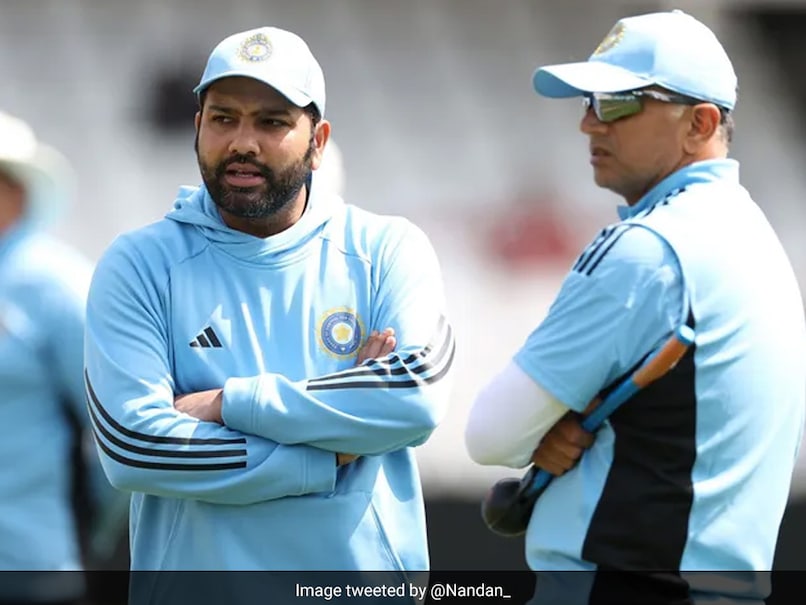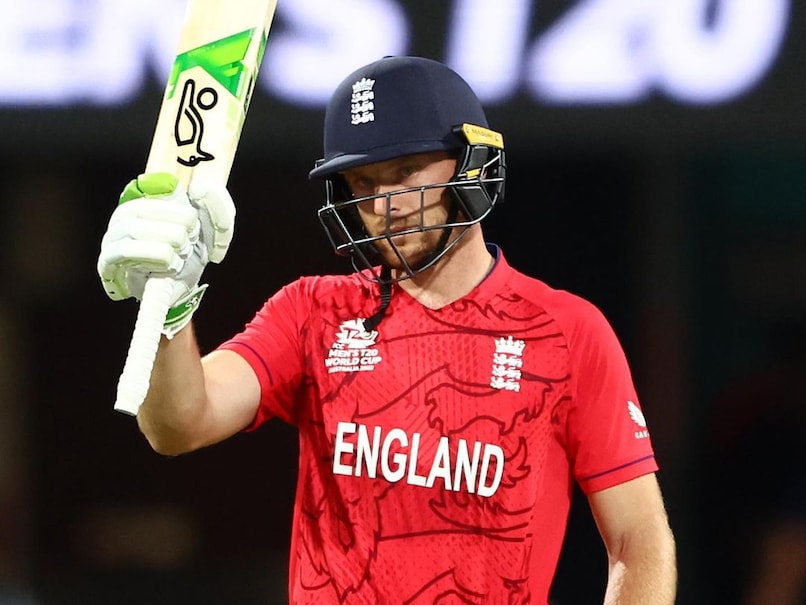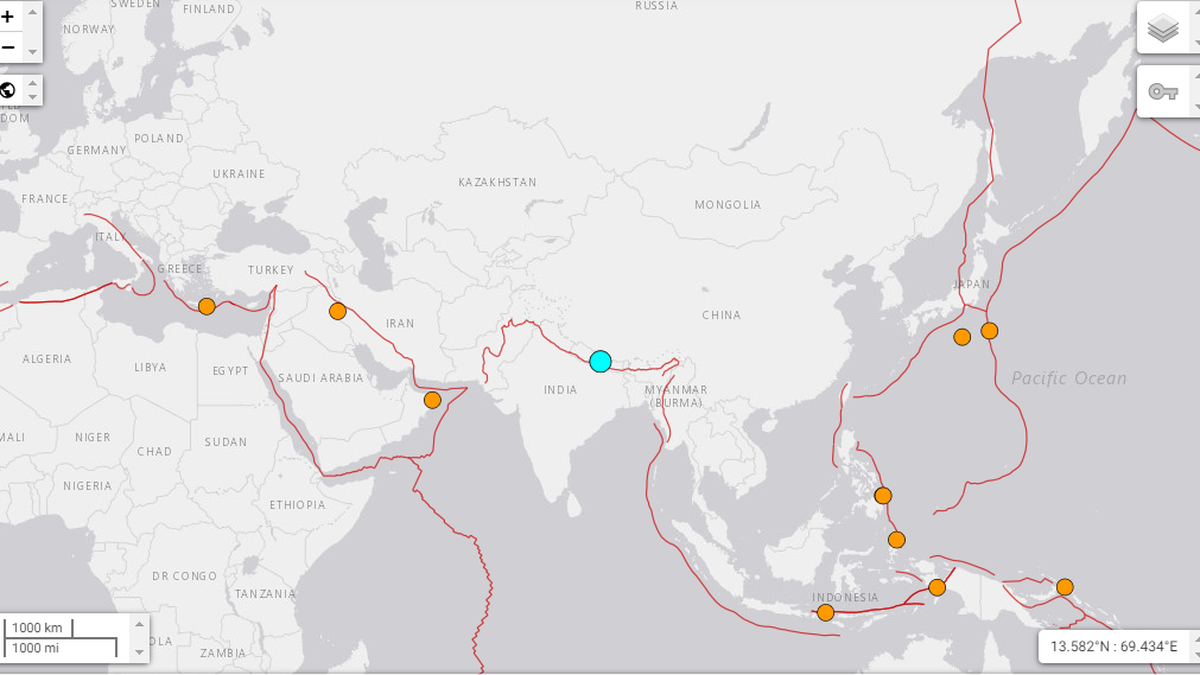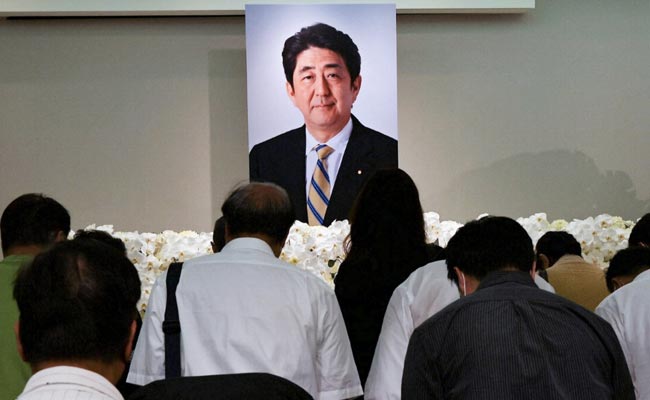France’s President Emmanuel Macron leaves the polling booth prior to cast his vote in the first round of parliamentary elections at a polling station in Le Touquet, northern France on June 30, 2024. A divided France is voting in high-stakes parliamentary elections that could see the anti-immigrant and eurosceptic party of Marine Le Pen sweep to power in a historic first. The candidates formally ended their frantic campaigns at midnight June 28, with political activity banned until the first round of voting.
| Photo Credit: AFP
French President Emmanuel Macron and his allies were on July 1 beginning a week of intense campaigning ahead of the second round of legislative elections to prevent the far-right from taking an absolute majority and control of government in a historic first.
The far-right National Rally (RN) party of Marine Le Pen won a resounding victory in the first round of the polls on June 30, with Mr. Macron’s centrists trailing in third behind a left-wing coalition.
But the key suspense ahead of the second round on July 7 was whether the RN would win an absolute majority in the new National Assembly, enabling it to form a government and make Ms. Le Pen’s protege Jordan Bardella, 28, Prime Minister.
Most projections published by French polling organisations showed the RN falling short of an absolute majority, but the final outcome remains far from certain.
A hung parliament could lead to months of political paralysis and chaos — just as Paris is preparing to host the Olympic Games this summer, and while France on the international stage takes a prime role in backing Ukraine against the Russian invasion.
French Prime Minister Gabriel Attal, who is likely to be forced to resign after the second round, warned that the far-right was now at the “gates of power”.
The RN should not get a “single vote” in the second round, he said.
“We have seven days to spare France from catastrophe,” said Raphael Glucksmann, a key figure in the left-wing alliance.
‘Thrown under a bus’
The RN garnered 33% of the vote, compared to 28% for the left-wing New Popular Front alliance, and more than 20% for Mr. Macron’s centrist camp, according to preliminary results.
But with less than 100 seats being decided outright in the first round, the final composition of the 577-seat National Assembly will only be clear after the second phase.
The second round will see a three-way or two-way run-off in the remainder of the seats to be decided, with Mr. Macron’s camp hoping that tactical voting will prevent the RN winning the 289 seats needed for an absolute majority.
The French stock market, which had been under considerable pressure in June amid the political uncertainty, also rallied in early trading on hopes the RN would not win an absolute majority.
Mr. Macron in a written statement urged a “broad” coalition against the far-right in the second round, amid controversy among supporters over whether they should tactically vote for the left where needed in the second round.
Late on Sunday, the police said some 8,000 left-wing supporters thronged the Place de la Republique in central Paris to denounce the prospect of the far right taking power.
Risk analysis firm Eurasia Group said the RN now looked “likely” to fall short of an absolute majority.
France was facing “at least 12 months with a rancorously blocked National Assembly and — at best — a technocratic government of ‘national unity’ with limited capacity to govern”, it added.
The left-leaning newspaper Liberation in an editorial called on Macron to remove all his alliance’s candidates from districts when they had arrived in third place to give the left-wing alliance a chance.
“The head of State has thrown France under the bus. The bus has continued its course unimpeded, and is now parked in front of the gates of Matignon”, the prime minister’s office, it said.
‘Prime Minister of all French’
The arrival of the anti-immigration and eurosceptic RN in government would be a turning point in French modern history: the first time a far-right force has taken power in the country since World War II, when it was occupied by Nazi Germany.
Mr. Bardella said he wanted to be the “prime minister of all French”.
This would create a tense period of “cohabitation” with Mr. Macron, who has vowed to serve out his term until 2027.
Mr. Bardella has said he will only form a government if the RN wins an absolute majority in the elections.
Rancour remained over Mr. Macron’s decision to call the election in the first place, a move he took with only a tight circle of advisers in the hours after his party was trounced by the RN in European elections this month.
The chaos risks damaging the international credibility of Mr. Macron, regarded by some as the European Union’s number-one leader and who immediately after the second round will attend the NATO summit in Washington.
The right-wing Le Figaro in its editorial lamented a “disaster” brought about by the “unfathomable lightness of a man, through narcissist rancour, took the risk of plunging his country into chaos”.














